[ad_1]
Lately, the psychology of gaming has undergone a radical shift. In this era of play-to-earn, players want to be rewarded for the effort they put in and the time they spend. This fuels the innovative concept of the financialisation of video gaming. GameFi is an advanced application of this concept. In short, like what the title indicates, it combines ‘Game’ and ‘Finance’. It is one of the most sought-after concepts in the Web 3 environment. According to a Metaverse Awareness Survey report published in the World Economic Forum platform, 40% of respondents expressed a desire to engage in both the ‘playing’ and ‘earning’ aspects of the Metaverse. Anyway, GameFi is expected to revamp the entire gaming industry.
Highlights
Play-to-Earn is the core idea behind the financialisation of video gaming.GameFi is an advanced evolution of Play-to-Earn, expanding into various financial activities beyond normal Play-to-Earn gaming.GameFi combines blockchain technology with gaming elements.Key GameFi activities include Yield Farming, Staking and NFT Farming.Prominent GameFi games include Axie Infinity, CryptoBlades, Splinterlands, Gods Unchained, and Sorare. Despite recent declines in user numbers, the future of GameFi remains promising.
1, Play-to-Earn (P2E) Concept: An Introduction
The concept of Play-to-Earn is the backbone of the concert of the financialisation of video gaming. This assures that players receive impressive incentives for their time and effort.
1.1. How Play-to-Earn Games Work
Explaining the working of Play-to-Earn games is easy. These games operate by enabling players to earn real-world value from their in-game actions. Players complete tasks, challenges or acquire virtual assets.
1.2. Pay-to-Play vs. Play-to-Earn: The Key Differences
The below given is the comparison between Pay-to-Play and Play-to-Earn. These points highlight key differences, emphasising important aspects like accessibility and financial opportunities in the latter.
| Aspect | Pay-to-Play | Play-to-Earn |
| Payment | Requires upfront payment or fees | Offers opportunities to earn money |
| Access | Entry often restricted by cost | Open access, anyone can join |
| Player Incentive | Player investment is one-way | Player earn real-world rewards |
| Monetisation | Developers generate revenue | Players share in the profits |
| Ownership of Assets | Players typically lack ownership | Players own and trade assets |
| Skill Value | Skill does not influence earnings | Skill directly impacts earnings |
| Economic Ecosystem | Largely controlled by developers | Empowers a player-driven economy |
1.3. Popular Play-to-Earn Games
Popular Play-to-Earn games include Axie Infinity, Decentraland, and CryptoKitties. These pioneers paved the way for the evolution of Play-to-Earn within the Web 3 ecosystem. GameFi represents the next stage, where blockchain technology and DeFi concepts converge with gaming. It introduces more sophisticated tokenomics, governance, and yield farming mechanisms.
What? Really?
In countries like the Philippines and Venezuela, players are finding a digital goldmine in Play-to-Earn games like Axie Infinity. For these players in the Global South, the income they earn in their virtual world often surpasses what their local economy can provide, making it a game-changer in more ways than one.
2. GameFi Play-to-Earn: All You Need To Know
In a general sense, GameFi is an advanced version of Play-to-Earn. It encompasses a broader range of financial activities beyond simply playing games for rewards.
2.1. GameFi: What’s It Really About
GameFi is an innovative concept in the Web 3 environment. It is the perfect blend of blockchain possibilities and game elements. It involves the integration of financial elements, such as yield farming and liquidity provision, into the gaming ecosystem, creating a synergy between Decentralised Finance and Gaming. It allows players to earn rewards, stake assets, and interact with cryptocurrencies, all within the gaming environment. Its prime focus is to boost users’ interest and participation.
2.2. Important GameFi Activities: What Are They?
Some of the prime GameFi activities includes:
- Creating and Selling Virtual Assets: Craft and sell in-game items for digital assets, a profitable venture, especially for skilled developers.
- Staking: Lock assets to earn passive income, while shaping the game’s future through governance participation.
- Trading Virtual Assets: Exchange in-game items with other players, creating a marketplace for rare virtual goods.
- Yield Farming: Provide liquidity to earn rewards or interest in the form of additional tokens.
- NFT Collecting: Collect unique NFTs representing in-game assets, some with real-world value.
- Liquidity Provision: Add assets to decentralised exchanges or pools, earning a share of trading fees.
- Governance Participation: Vote on game-related proposals, giving players a say in development decisions.
- NFT Farming: Stake tokens to earn rare or exclusive NFTs, expanding your collection and tradeable assets.
What these activities showcase is the diverse range of opportunities within GameFi.
2.3. Easy Steps to Get Started With GameFi Games
Here are the four-easy steps to get started with GameFi games.
- Step 1: Set Up a Crypto Wallet
To manage virtual currencies and NFTs in GameFi, create a cryptocurrency wallet. Ensure it is compatible with your chosen GameFi title.
- Step 2: Verify Wallet Compatibility
Visit the game’s official website to check which wallet it supports. Choose a wallet from official app stores and validate it on the wallet’s official website for security.
- Step 3: Connect Your Wallet to the Game
GameFi uses your crypto wallet as your account, unlike traditional games. So, after downloading a compatible wallet, follow the game’s in-app instructions for wallet integration.
- Step 4: Fund Your Wallet
To purchase starter items, such as characters or native crypto tokens required within the game, add funds to your wallet with a compatible cryptocurrency.
Please note: for enhanced security, you can choose to use distinct wallets for each GameFi game you play.
3. Best GameFi Games: Play to Earn Games that Actually Pay
Axie Infinity, CryptoBlades, Splinterlands, Gods Unchained and Sorare are the prominent ones among the top GameFi games.
3.1. Axie Infinity
It is a prominent game renowned for its accessibility and charm. In the game, players collect and breed adorable digital creatures called Axies, engaging in battles with other users. Victories and creature trading yield rewards, with rare Axies fetching significant sums. The economy of the game depends on two tokens, SLP and AXS.
3.2. CryptoBlades
Built on Binance Smart Chain, it is a creative NFT Crafting game. The game revolves around legendary Blades and the Heroes who use them. In this game, players craft NFT characters and weapons, earning $SKILL tokens in the process. These tokens are tradable. The game is a perfect fusion of NFT creation and gameplay.
3.3. Splinterlands
It is an interesting collectible card game. It is inspired by classics like Pokemon and Yu-Gi-Oh. In this game, players battle to defeat monsters, earning rewards in the native DEC (Dark Energy Crystal) token. Interestingly, the game constantly introduces rare cards through updates. This certainly influences its appeal to players.
3.4. Gods Unchained
Built on the Ethereum blockchain, it is a strategy trading card game. In short, it combines strategic gameplay with blockchain-backed ownership. In this game, players construct decks and deploy cards to battle opponents. Notably, this game offers players full ownership of their cards, enabling free buying, selling and trading.
3.5. Sorare
It is a fantasy soccer game, which combines the excitement of fantasy sports with blockchain-based collectibles. What makes this game highly rewarding is that it allows players to trade officially licensed player cards. Users can scout, collect, and manage their favourite players to create teams for virtual tournaments. Competing in these tournaments offers the chance to win prizes on a regular basis.

 Do You Know
Do You Know
India leads the world in NFT game popularity, with 34% of gamers having played a play-to-earn game. Hong Kong follows closely with 29%, while UAE boasts 27%. Surprisingly, only 4% of Swedes have ventured into the world of NFT games, showing a stark contrast in the global gaming trends. The statistics report is published in the official website of playtoearngames.
4. The Future of GameFi
The future holds promise despite recent user declines. According to Cointelegraph, the user base for prominent GameFi projects like Axie Infinity and DeFi Kingdoms experienced significant drops. However, the market’s resilience is evident in its recent statistics.
As new GameFi ventures emerge, gamers can anticipate fresh gaming experiences offering trustless environments and increased control. Moreover, traditional gaming companies may adopt blockchain technology to provide decentralised ownership and unique in-game assets, further shaping the existing future of GameFi.
5. Endnotes
In the swiftly evolving environment of blockchain technology and decentralised finance, GameFi stands as an exciting intersection. It has the potential to revolutionise digital economies and create immersive gaming experiences. Its impact on user engagement, tokenomics, and innovation is becoming increasingly evident. It is a game-changing concept where players become stakeholders, and the boundaries between gaming and financial ecosystems blur. However, the future of GameFi promises innovation, inclusivity, and boundless opportunities for both gamers and investors alike.
6. FAQs
GameFi is a fusion of gaming and decentralised finance (DeFi). It involves blockchain-based games that allow players to earn cryptocurrencies and trade in-game assets.
You can earn in GameFi by playing games and completing tasks within them. These activities often reward players with tokens that have real-world value.
NFTs (Non-Fungible Tokens) in GameFi are unique digital assets representing in-game items, characters, or collectibles. They can be bought, sold or traded.
GameFi carries risks like market volatility, scams, and game shutdowns. Be cautious and do your research before investing time, effort or money in it.
To start with GameFi, you will need a wallet for cryptocurrencies, access to GameFi platforms, and a willingness to explore different games and ecosystems.
Well Done! You have now completed the Lesson.
Complete the Quiz and Get Certified! All The Best!
Disclaimer and Risk Warning
The information provided in this content by Coinpedia Academy is for general knowledge and educational purpose only. It is not financial, professional or legal advice, and does not endorse any specific product or service. The organization is not responsible for any losses you may experience. And, Creators own the copyright for images and videos used. If you find any of the contents published inappropriate, please feel free to inform us.
Was this writing helpful?
No Yes
[ad_2]
Source link


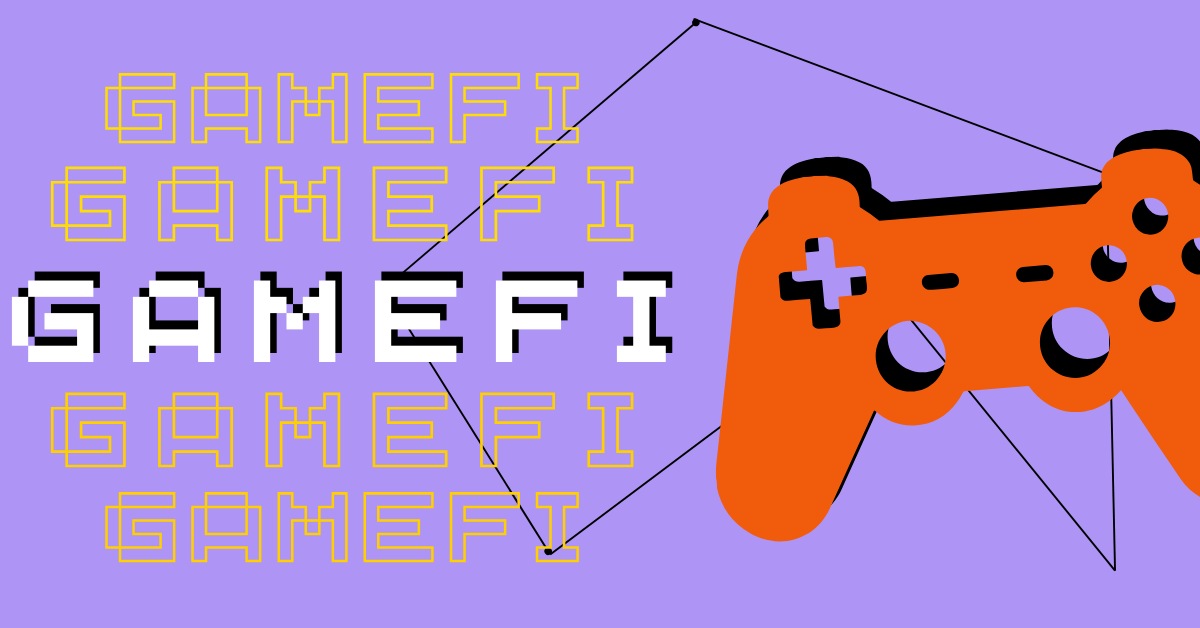

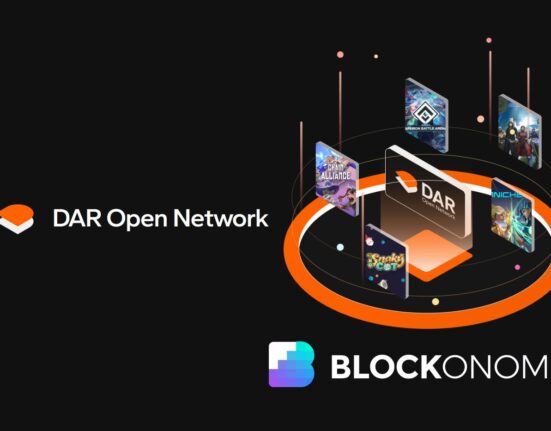

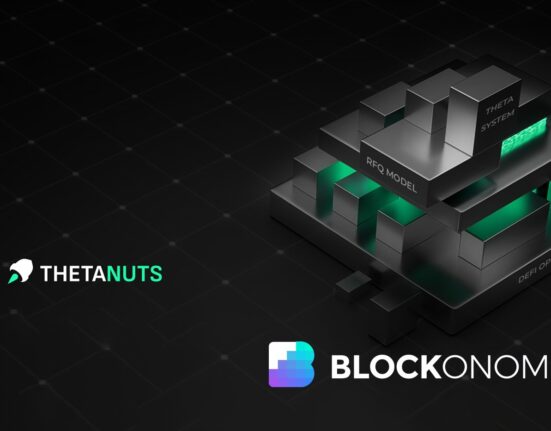
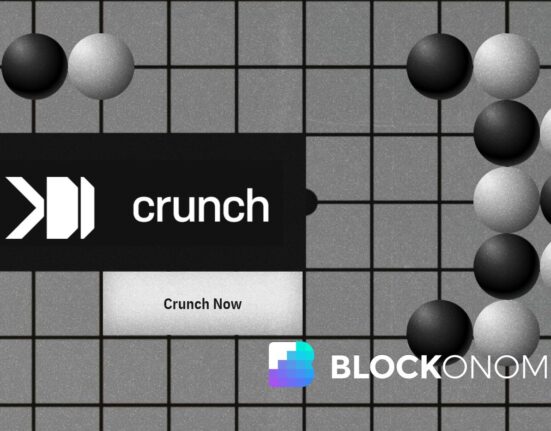
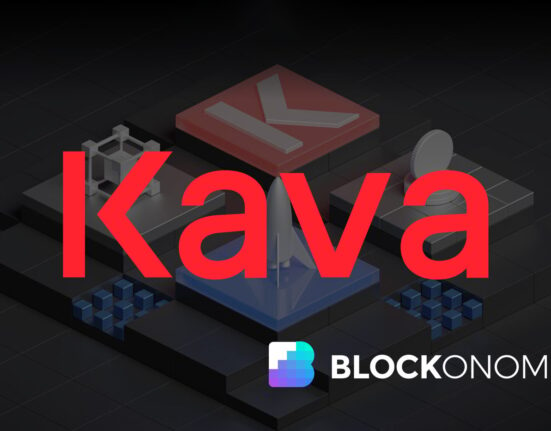
Leave feedback about this